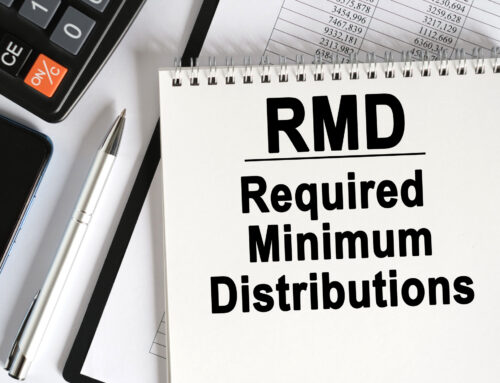
Project 2025, a policy blueprint developed by the Heritage Foundation, has stirred significant attention due to its controversial tax proposals. This 900-page mandate from the conservative think tank outlines profound changes that could fundamentally alter the federal government, including the tax system. Here’s what you need to know about Project 2025 and its potential impact on taxes.
What is Project 2025?
Project 2025 is a comprehensive plan designed for a future Republican administration, with the aim of laying the groundwork for a White House more friendly to the right. The four pillars of Project 2025 encompass significant changes that span public education, the Federal Reserve, the IRS, and the United States tax system.
Proposed Tax Changes in Project 2025
Here are some of the key proposed tax changes outlined in Project 2025:
- Income Tax Rates: The plan suggests changing to a two-income tax rate system of 15% and 30%, aiming to simplify the tax code by eliminating most deductions, credits, and exclusions.
- Capital Gains Tax: Project 2025 proposes imposing a 15% tax on capital gains and dividends, with advocates arguing that this would incentivize investment and entrepreneurship.
- ‘Trump Tax Cuts’: The plan includes extending and expanding the 2017 Tax Cuts and Jobs Act, aiming to stimulate economic growth.
- Corporate Tax Rate: Project 2025 proposes lowering the corporate tax rate from 21% to 18% in a bid to encourage business investment and job creation.
Controversies and Concerns
While the proposed tax changes have garnered both support and criticism, several concerns have been raised:
- Fairness and Revenue Impact: Critics question the fairness of a two-rate income tax system and express concerns about the potential loss of federal revenue.
- Wealth Inequality: There are concerns that the proposed changes, particularly the extension of the 2017 tax cuts, could contribute to wealth inequality and increase the national debt.
- Impact on Middle-Income Earners: The proposal to eliminate individual and corporate income taxes in favor of a consumption tax has raised concerns about its potential burden on lower and middle-income individuals.
Bottom Line
Project 2025 is viewed as a conservative roadmap for overhauling federal government structure and policy. While supporters argue that the proposed tax reforms would simplify the tax code and boost economic growth, opponents warn of potential negative consequences such as increased income inequality, a growing national debt, and reduced government capacity to provide essential services.
In light of the highly charged political environment, it is essential to stay informed about potential tax changes that could affect your finances. For more information and actionable steps to help prepare and protect your finances amidst a changing economic environment, contact us today.
Jeff Heybrock is an Investment Adviser Representative of Coppell Advisory Solutions LLC, dba, Fusion Capital Management, a registered investment adviser that only conducts business in jurisdictions where it is properly registered, or is excluded or exempted from registration requirements. Registration as an investment adviser is not an endorsement of the firm by securities regulators and does not mean the adviser has achieved a specific level of skill or ability. The firm is not engaged in the practice of law or accounting.
Insurance and annuity products are not sold through Fusion Capital Management. Fusion does not endorse any annuity or insurance product, nor does it guarantee any insurance or annuity performance. Annuity and life insurance guarantees are subject to the claims-paying ability of the issuing insurance company. If you withdraw money from or surrender your contract within a certain time after investing, the insurance company may assess a surrender charge. Withdrawals may be subject to tax penalties and income taxes. Persons selling annuities and other insurance products receive compensation for these transactions. These commissions are separate and distinct from Fusion’s investment advisory fees.









